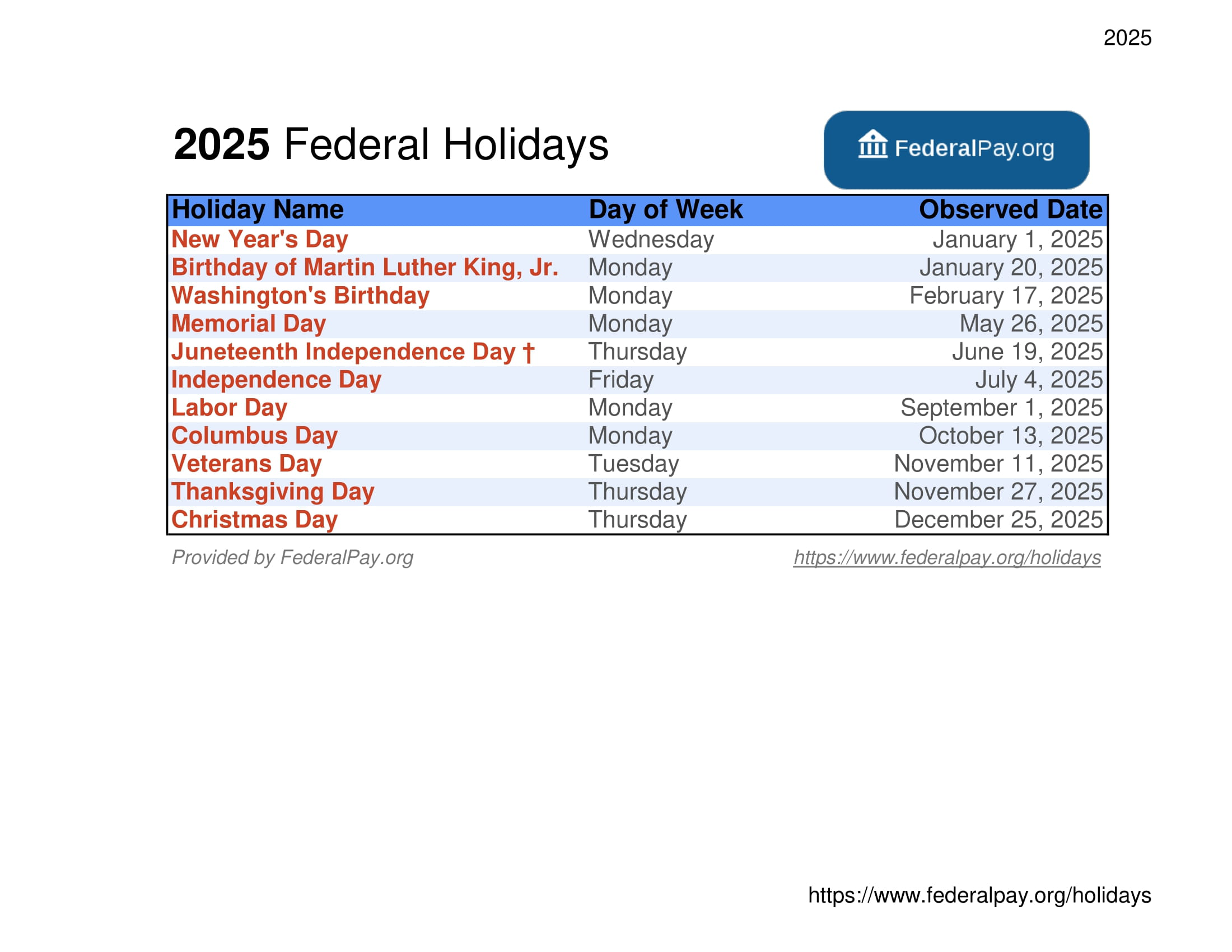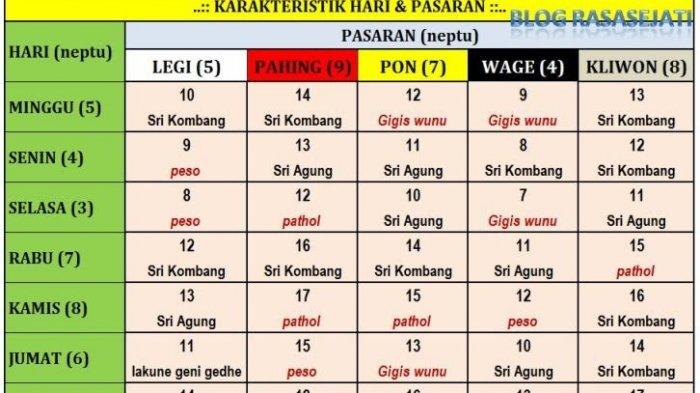Go Dark: A Practical Guide To Removing Your Digital Footprint

Table of Contents
Assessing Your Current Digital Footprint
Before you can start removing your digital footprint, you need to understand its extent. This involves identifying your online presence and understanding the data you want to remove.
Identifying Your Online Presence
The first step in going dark is to pinpoint where your information resides. This includes all corners of the internet.
- Create a list of all websites and platforms: This includes social media accounts (Facebook, Twitter, Instagram, etc.), online forums, shopping sites, subscription services, and any website where you've registered or created a profile. Consider even seemingly insignificant accounts.
- Check your Google search results: Search for your name, variations of your name, and any associated email addresses or usernames. See what information appears—this reveals your public-facing digital presence. Use different search engines for a broader view.
- Utilize online tools: Several services help you discover hidden profiles or mentions of you online. These tools can scan the web for your name and associated information, revealing links you may not be aware of.
Understanding the Data You Want to Remove
Not all data carries the same weight. Prioritize sensitive information for removal.
- Prioritize sensitive information: Focus on removing personal contact details (phone numbers, addresses, email addresses), financial information (bank account numbers, credit card details), and location data (check-ins, GPS data).
- Determine your desired level of anonymity: Complete removal of all traces online is nearly impossible, but significant reduction is achievable. Define your goals for improved online privacy.
- Assess potential risks: Leaving certain information online could expose you to identity theft, stalking, or other harms. Weigh the risks against the effort required for removal.
Strategies for Removing Your Digital Footprint
This section outlines practical strategies for actively removing your data from the internet.
Deleting Online Accounts
Systematically close unnecessary accounts. Each platform has a specific process; review carefully.
- Use platform-specific account deletion tools: Each social media platform and website offers its own method for deleting accounts. Carefully follow their instructions to ensure complete removal.
- Download your data (if possible): Many platforms allow you to download a copy of your data before deletion. This serves as a backup and can be helpful for verification.
- Verify account deletion and monitor for remnants: After deleting, check your search results and the platform itself to ensure the information has been completely removed. Some data may persist in cached copies or backups.
Removing Content from the Internet
This is more challenging, but you can request removal. Your success depends on the website's policies and willingness to cooperate.
- Contact website owners and request content removal: If your content appears on blogs, forums, or other websites, contact the owners directly and request its removal, providing links to the specific content.
- Utilize Google's removal tool: Google offers a tool to request removal of outdated or inaccurate information from search results. This is not guaranteed, but it's a valuable step.
- Understand the limitations: Remember, complete removal is not always possible. Some data may persist in archives or backups.
Securing Your Remaining Online Presence
Strengthen your online security to protect what remains. This is crucial for ongoing digital privacy.
- Use strong, unique passwords: Employ strong, unique passwords for all your accounts and consider using a password manager to securely store them.
- Enable two-factor authentication (2FA): This adds an extra layer of security to your accounts, making them significantly harder to compromise.
- Regularly review your privacy settings: Check and update your privacy settings on all platforms to control what information is visible to others.
- Use a VPN: A Virtual Private Network (VPN) encrypts your internet traffic, making it harder for others to track your online activity.
Ongoing Maintenance and Best Practices
Removing your digital footprint is not a one-time event; it's an ongoing process.
Mindful Online Activity
Practice mindful engagement with the internet to minimize your future digital footprint.
- Think before you post: Consider the long-term implications of your online activity before sharing anything online.
- Use pseudonyms or aliases when appropriate: Protecting your real identity online can provide a layer of security and anonymity.
- Regularly audit your online presence: Periodically check your online presence to delete outdated or unnecessary information.
Utilizing Privacy Tools
Explore tools and services designed to enhance your online privacy.
- Use privacy-focused search engines: Search engines that prioritize user privacy can help limit tracking and data collection.
- Consider using a privacy-focused email provider: These providers often offer stronger encryption and better privacy protections than traditional email services.
- Regularly clear your browser history and cookies: Clearing your browser data helps limit tracking and profiling based on your online activity.
Conclusion
Going dark and reducing your digital footprint requires consistent effort, but the rewards are significant. By following these strategies and adopting mindful online practices, you can considerably enhance your online privacy and protect your identity. Remember, actively managing your online presence is an ongoing process, not a one-time fix. Start going dark today and take control of your digital life! Reclaim your online privacy and minimize your digital footprint by implementing these strategies for a safer and more secure online experience.

Featured Posts
-
 Us Federal And Non Federal Holidays 2025
Apr 23, 2025
Us Federal And Non Federal Holidays 2025
Apr 23, 2025 -
 Apakah Weton Senin Legi Dan Rabu Pon Cocok Ramalan Jodoh Primbon Jawa
Apr 23, 2025
Apakah Weton Senin Legi Dan Rabu Pon Cocok Ramalan Jodoh Primbon Jawa
Apr 23, 2025 -
 Activision Blizzard Acquisition Ftcs Appeal And The Road Ahead
Apr 23, 2025
Activision Blizzard Acquisition Ftcs Appeal And The Road Ahead
Apr 23, 2025 -
 Komoly Forgalmi Megszoritasok Az M3 As Autopalyan Utlezarasok Es Kikeruelesi Utvonalak
Apr 23, 2025
Komoly Forgalmi Megszoritasok Az M3 As Autopalyan Utlezarasok Es Kikeruelesi Utvonalak
Apr 23, 2025 -
 Brewers Record Setting Nine Stolen Bases Lead To Dominant Win Against As
Apr 23, 2025
Brewers Record Setting Nine Stolen Bases Lead To Dominant Win Against As
Apr 23, 2025
